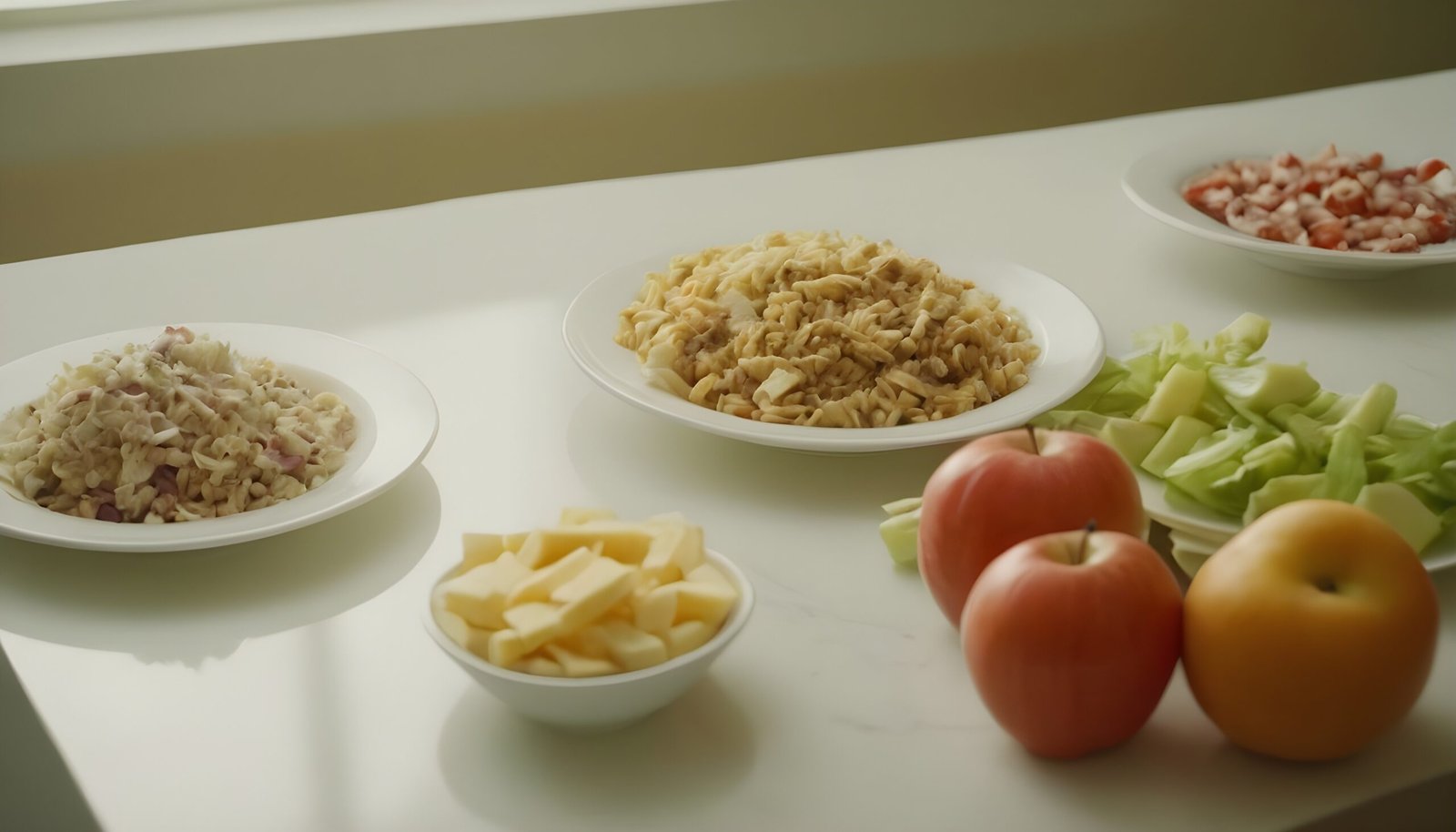11 Foods That Are Good for Your Liver

The liver is in charge of several bodily functions, including the synthesis of proteins, cholesterol, and bile as well as the storage of vitamins, minerals, and even carbohydrates.
Toxins like as alcohol, drugs, and metabolic wastes are also broken down by it. It’s critical to maintain liver health in order to stay healthy.
Eleven of the greatest foods to consume to support liver health are listed in this article.

Coffee
One of the healthiest drinks you can have to support liver function is coffee.
Research has demonstrated that coffee use shields the liver from illness, even in people who already have liver-related health issues.
For instance, evidence published in a 2016 research review (Trusted Source) indicates that coffee consumption reduces the incidence of cirrhosis, or irreversible liver damage, in patients with chronic liver disease.
A 2016 research reviewTrusted Source found that coffee consumption may also help lower the chance of getting a prevalent form of liver cancer. It also helps reduce inflammation and liver disorders.
Researchers discovered that in patients with chronic liver disease, it’s even linked to a decreased chance of death. Those who consume three cups or more of coffee per day tend to reap the biggest benefits.
The 2016 review indicates that these advantages appear to be related to its capacity to inhibit the accumulation of collagen and fat. Two of the most common indicators of liver illness are fat and collagen.
Additionally, coffee raises levelsGlutathione antioxidant from a reliable source. Free radicals are dangerous molecules that the body naturally produces and can cause damage to cells, but antioxidants neutralize them.
Tea
Although tea is generally thought to be healthy, research suggests that it may be especially good for the liver.
A 2020 analysis of fifteen studiesGreen tea was reported by Trusted Source to lower liver enzyme levels in patients with nonalcoholic fatty liver disease (NAFLD).
Similar results were found in another study, which showed that giving green tea extract supplements to individuals with NAFLD for 12 weeks dramatically decreased their liver enzyme levels of aspartate aminotransferase (AST) and alanine aminotransferase (ALT).
In addition, a 2017 reviewGreen tea drinkers had a lower risk of liver cancer, according to Trusted Source. Those who drank four or more cups per day had the lowest risk.
However, before using green tea supplements, certain people should use caution and consult with a physician, especially if they have liver issues.
There have been multiple accountsTrusted Source of liver damage brought on by taking green tea extract-containing supplements.
Grapefruit
Antioxidants found in grapefruits naturally shield the liver. Naringenin and naringin are the two primary antioxidants present in grapefruit.
It is known that grapefruit has two defensive qualities: it lowers inflammation and shields cells.
In line with a 2023 analysisAccording to reliable sources, research has also indicated that these antioxidants may be able to slow down the progression of hepatic fibrosis. An unhealthy disorder called hepatic fibrosis occurs when the liver accumulates an excessive amount of connective tissue. This is usually the outcome of ongoing inflammation.
There hasn’t been any research on the effects of grapefruit or grapefruit juice itself, only its constituent parts. Furthermore, the 2023 analysis states that practically all research on grapefruit antioxidants has been done in animals.
However, the data available now indicates that grapefruit may protect the liver from harm and inflammation.
Blueberries and cranberries
The antioxidants called anthocyanins, which give berries their unique colors, are found in cranberries and blueberries. They have also been connected to numerous health advantages.
One study from 2021For those with nonalcoholic fatty liver disease (NAFLD), taking a cranberry supplement for six months was reported to ameliorate hepatic steatosis, or fatty liver.
Furthermore, investigations conducted in test tubes have demonstrated that blueberry extract inhibits the growth of human liver cancer cells. However, additional research is required to find out if humans can also experience this effect.
Incorporating these berries into your diet on a daily basis will help ensure that your liver receives the antioxidants it requires to be healthy.
Grapes
A variety of advantageous plant components found in grapes, particularly in red and purple varieties, may improve liver function.
A 2020 investigationAlthough it’s unknown if the findings of animal research translate to people, a study by Trusted Source on rats reveals that grapes and grape juice can have a variety of health benefits.
Advantages could consist of:
reducing swelling and averting cell damage
raising the concentration of antioxidants
However, a 2022 study indicates that consuming grape products may not contribute to improved liver function and may not significantly affect liver enzymes.
Before grapeseed extract is suggested as a way to support liver health, more research is required.
Prickly pear
Opuntia ficus-indica, or prickly pear, is a well-known variety of edible cactus. The fruit and its juice are frequently consumed by people.
Traditional medicine has long employed it as a therapy for the following ailments:
injuries weariness
digestive problems
hepatic illness
According to a 2016 study, this plant’s extract may be able to lessen hangover symptoms.
Because of its anti-inflammatory and antioxidant qualities, prickly pears may help shield the liver from alcohol poisoning.
More human research is required, particularly when prickly pear fruit and juice are used instead of extract. However, research to date has shown that prickly pears have a beneficial effect on the liver.
Beetroot juice
The juice of beetroot contains betalains, which are nitrates and antioxidants.
According to research on animals, beet juice may help lessen oxidative damage and liver inflammation.
Even while research on animals appears encouraging, additional research is required to validate the beneficial effects of beetroot juice on liver function in humans.
Cruciferous veggies
Vegetables classified as cruciferous are prized for their unique flavor and high fiber content. They also include a lot of healthy plant components.
Cruciferous vegetables include, for instance:
broccoli
Brussels sprouts with carrots
kale
broccoli
According to studies, cruciferous vegetables have some chemicals that change the way the body detoxifies and shields the body from dangerous substances.
Mice fed broccoli had a lower incidence of tumor development and fatty liver disease than mice in the control group, according to a 2016 study (Trusted Source).
Despite the paucity of human research, cruciferous vegetables appear to be a good dietary choice for liver health.
Nuts
Nuts are abundant in certain essential nutrients (Reliable Source), such as:
antioxidants and good fats
helpful plant components for vitamin E
Numerous health advantages are a result of these minerals.
A 2019 investigationNAFLD risk was observed to be correlated with a greater nut content diet (Trusted Source).
Although additional high-quality research is required, preliminary findings suggest that nuts constitute a significant dietary group for liver health.
Fatty fish
Omega-3 fatty acids, which are good fats that have been linked to a lower risk of heart disease and can help reduce inflammation, are found in fatty fish.
An examination from 2016It was discovered by Trusted Source that omega-3 fatty acids could help people with nonalcoholic steatohepatitis (NAFLD) reduce their triglycerides and liver fat.
Although eating fatty fish high in omega-3 fatty acids seems to be good for your liver, there are other factors to take into account in addition to increasing your intake of omega-3 fats.
Another crucial factor is the proportion of omega-3 to omega-6 lipids.
The majority of people consume more omega-6 fats—found in butter and many plant oils—than is recommended.
According to one animal study, an excessively high omega-6 to omega-3 ratio can encourage the development of liver disease.
Therefore, it could be a good idea to cut back on the omega-6 fats that cause inflammation in addition to increasing the heart-healthy omega-3 fats in your diet.
Olive oil
Olive oil is recognized as a beneficial fat due to its numerous health advantages, such as its positive impact on heart and metabolic health. Additionally, it has been shown to have a positive effect on liver health. Research from 2018 indicates that adhering to a Mediterranean diet rich in olive oil may lower the risk of fatty liver in older individuals. Various studies have also demonstrated that olive oil consumption can lead to reduced fat accumulation in the liver and improved levels of liver enzymes in humans. Since fat accumulation in the liver is an early sign of liver disease, the favorable effects of olive oil on liver fat and overall health highlight its importance in a nutritious diet.



Leave a Comment